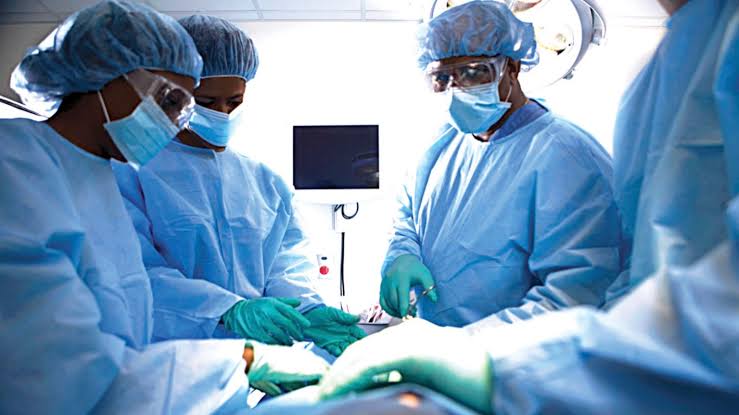The Nigerian Association of Resident Doctors (NARD) has commenced a nationwide strike today Friday, September 12, following the failure of the federal government to meet its minimum demands within the 24-hour ultimatum issued by the association on Wednesday, September 10.
NARD President, Dr. Osundara Tope Zenith, confirmed that the industrial action was activated after the expiration of the deadline, which followed an Extraordinary National Executive Council (E-NEC) meeting held virtually on Wednesday, September 10, 2025.
The E-NEC, which had in attendance representatives from federal, state, and private tertiary health institutions across the country, reviewed the three-week ultimatum earlier given in July and its subsequent 10-day extension.
The doctors expressed disappointment that despite repeated engagements with relevant stakeholders, critical issues affecting their welfare remained unresolved.
Among the grievances listed by NARD were the non-payment of the 2025 Medical Residency Training Fund (MRTF) to several resident doctors, the failure to settle five-month arrears from the 25%/35% CONMESS review, unpaid 2024 accoutrement allowance, and other outstanding salary arrears.
The doctors also condemned the Medical and Dental Council of Nigeria (MDCN) for downgrading the membership certificates of the West African Colleges of Physicians and Surgeons, as well as the National Postgraduate Medical College of Nigeria (NPMCN) for its delay in issuing certificates to qualified candidates.
In addition, the E-NEC decried the Oyo State Government’s poor handling of welfare issues affecting doctors at LAUTECH Teaching Hospital, Ogbomosho, who have been on indefinite strike, and criticised state governments that have failed to disburse MRTF to resident doctors under their employment.
As part of its resolutions, NARD demanded the immediate release of the 2025 MRTF, payment of all outstanding arrears, restoration of recognition for postgraduate membership certificates, and urgent intervention by state governments to address welfare challenges.
Dr. Osundara noted that the strike became inevitable after the government failed to demonstrate good faith by meeting the minimum demands within the specified 24 hours.
Hospitals across the country are expected to be affected by the industrial action, raising fresh concerns about access to healthcare for Nigerians who depend on public health institutions.
